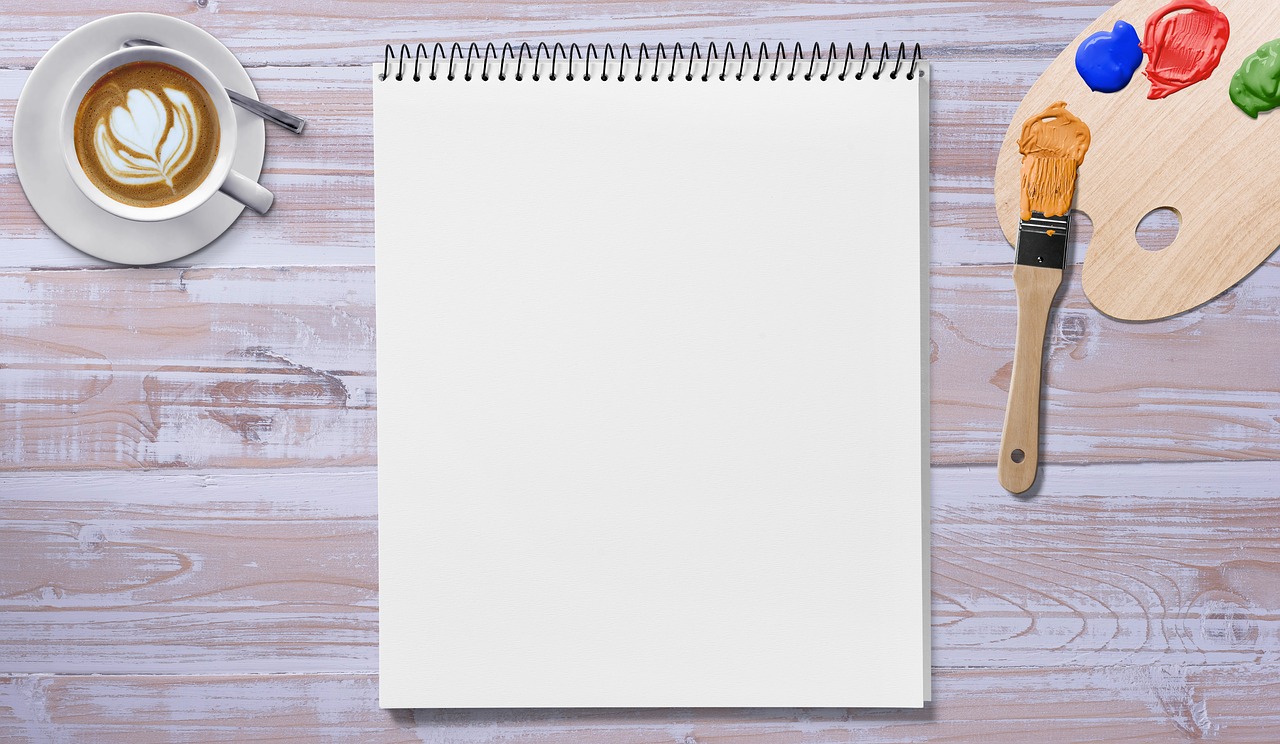I’ve gone through quite a journey with my writing/creativity in the last few weeks. I wanted to write a lovely, eloquent post about it, but I suppose I’m still a little close to it. So instead, here, in bullet list format, are some of the things I’ve learned recently about art and creativity.
- Creativity can be like a muscle. Exercising it a little every day can make a huge difference. Even if you do nothing but a silly little creative warm-up for five minutes, that has brought creativity into your day so that when you sit down to work for longer periods of time on a project, it doesn’t feel like such foreign terrain.
- Creativity is also like a sport in that it benefits from cross training. What do I mean by this? Marathon runners do more than just run marathons. They do shorter runs, they do weight training, etc. Swimmers do weight training, cardio training, and more. Football players famously sometimes take ballet to improve their agility. You get the idea. This cross training, far from taking time away from the main goal, improves the athlete’s performance. The same is true in art. Novelists should do more than write novels. Poets should do more than write poetry. They should draw, paint, dance, and play music. They should write other things that are not novels or poems. It will improve The Thing they actually want to write.
- Make bad art. Not to disagree with the great Neil Gaiman, but make BAD art.* Write terrible poems. Make hideous drawings. Write scenes that make no sense and have dreadful dialogue. Letting go of trying to make good things is incredibly powerful because it allows you to just make things. Make art for the sake of making art.
- Making bad art is practice. Writing, in my view, is the only creative endeavor where practice is not preached and valued. Singers, dancers, musicians, all practice extensively. Visual artists create thumbnail sketches and perform studies of their subject. For writers, it seems we often expect ourselves to create a masterpiece right off the bat. We don’t allow ourselves to practice. But completing silly creative warm-ups, and exercising those muscles every day? That’s how writers can practice. And that’s invaluable.
- I was profoundly struck by something in Austin Kleon’s Steal Like an Artist. He encourages people to try to emulate their inspirations/heroes. If you love Shakespeare, Charles Dickens, and Markus Zusak, for example, try to write like them. Then look at your work and see where you fall short of writing like them. The things you did differently because you couldn’t quite do it like them. That’s what you should amplify because that’s what makes your work yours. It’s what you have to offer. Kleon quotes, of all people, Conan O’Brien: “It is our failure to become our perceived ideal that ultimately defines us and makes us unique.”
- Don’t try to be a good writer. Just write. Don’t try to be a good painter. Just paint. Don’t try to be a good artist. Just make art.
*By the way, in Neil Gaiman’s commencement address that I am referencing here, he specifically says to make mistakes, so I don’t think he would disagree with this at all. I just think that part of making art (making mistakes and making things you’d be embarrassed to show anyone) is easy to forget or ignore.
